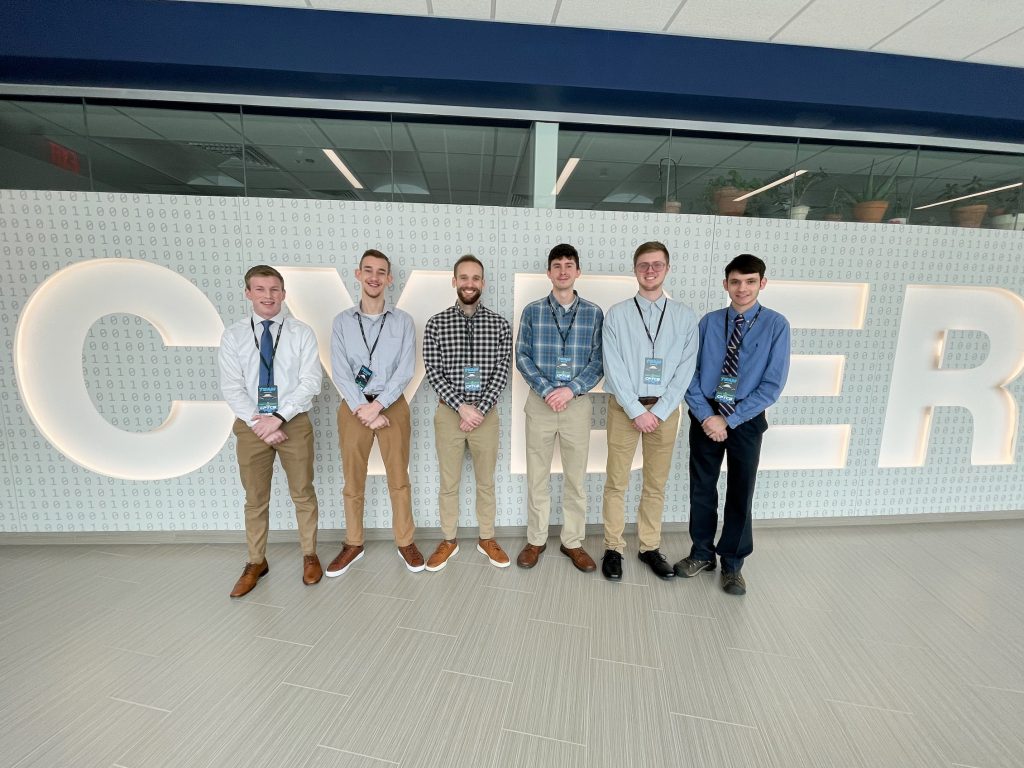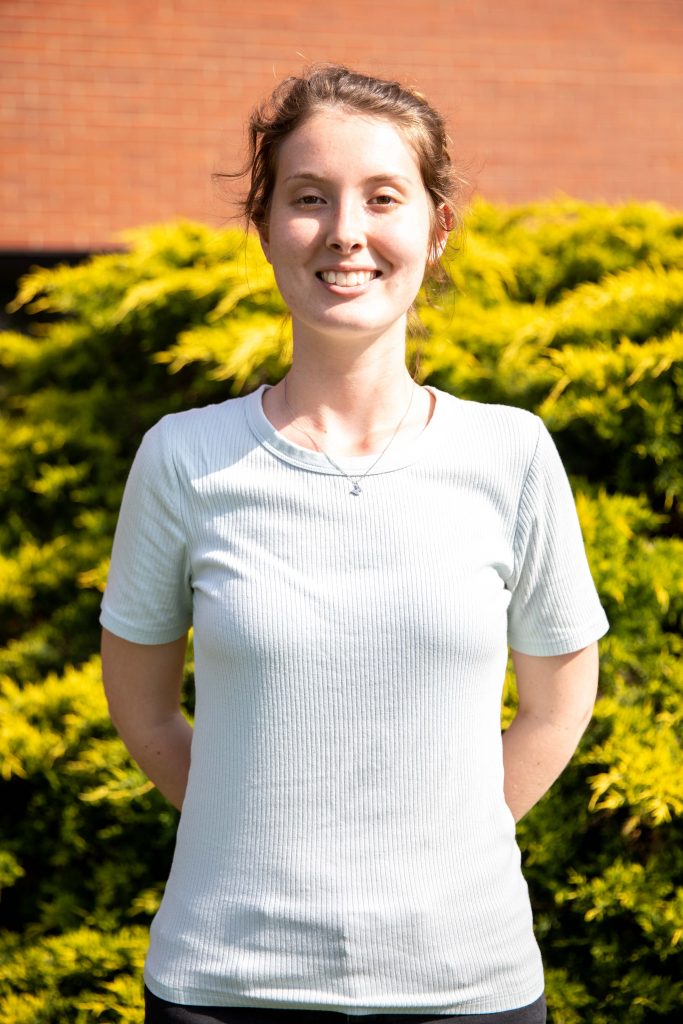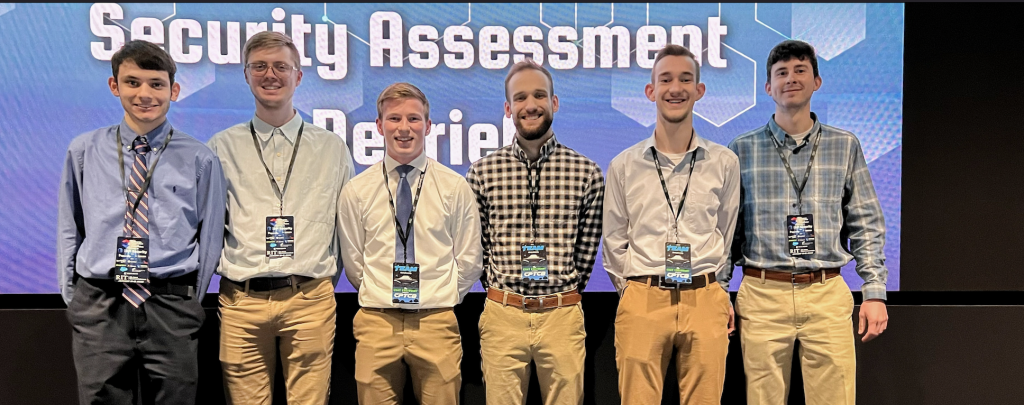Hacking into someone’s data is always illegal — unless that’s what they want you to do. Many companies hire pen testers, or penetration testers, to find the cracks in their computer security systems.
Liberty students made their mark on this side of cyber security at the international-level Collegiate Penetration Testing Competition (CPTC) in Rochester, New York, in mid-January. The team left with an award and lessons learned about competing.
Over a year of preparation preceded Liberty’s CPTC team’s appearance at the competition. Joel Camplejohn, a junior computer science major, created the CPTC team in the fall of 2021 when Richard Bansley, faculty coach of the team and professor of computer science, and Michael Lehrfeld, previous professor of computer science, approached him with the idea. Liberty already had a team dedicated to the Collegiate Cyber Defense Competition (CCDC), but it wanted a group that focused more on the offensive side of cyber security.
“We created the team for this competition,” Camplejohn said. “But we had just missed (the CPTC) when we started the team. It had just happened, so we had to wait a whole year before the competition came around again.”
The CPTC team meets once a week, but most of its training happens outside of the meetings. A lot of the training is completed individually. The members utilize online courses, labs and other resources to practice their hacking skills.
According to Bansley, the team saw both old and new faces at the international CPTC competition. The experience exposed the Liberty students to new challenges and even job opportunities, as companies like Paperclip and Hurricane Labs sponsored the event.
Once they swept through the regionals (placing third in the southeast region), the CPTC team traveled to New York for the international competition. The competition was staged so that the teams, playing the role of cyber security experts, were “hired” by the judges, who played the role of a hotel and hospitality company in need of someone to test their security system.
For an entire weekend, the teams spent hours trying to break through the security controls of the company, taking notes of its strengths and weaknesses. As they were doing so, the judges and other actors would interrupt them in an “inject” to ask for updates or give them side tasks to complete. The teams had to stay in character and treat the judges like they were actual clients.
Afterwards, the teams put together a report on the company’s security, noting any weaknesses. They had to submit the report by 1 a.m. on Sunday. Later on, they gave a presentation on their findings. The teams were graded on several different merits, including how well they caught the weaknesses, their report and their professionalism.

Camplejohn and Ryan Pizzo, senior computer science major and member of Liberty’s team, both recalled feeling nervous before and during the competition. But Bansley had full confidence in his students.
“For me, there was no anxiety or concern. There was only a desire for the students to have the opportunity to try their best,” Bansley said. “Every time we made it to the next level, (it wasn’t) a surprise. It was recognition of the quality of the students and their effort.”
Liberty’s CPTC team won an award for Best Inject, which recognized its ability to handle the actors’ interruptions. That being said, the team left with much more than an award.
Camplejohn said that they now know what they’re up against in the CPTC, and they hope to maximize their training efforts so they can place higher next year. He described how they went away with a lot of questions answered.
Beyond the competition, being on the CPTC team has helped many of the members learn more about the cyber security field, especially the offensive side of it. According to Pizzo, many of the members conduct their own research and specialize in their own niche.
“It’s a great environment for learning,” Pizzo said regarding how all of the other team members are passionate about the computer science field and want to learn more. “We are able to push each other a little bit further than we would on our own.”
As the founder, Camplejohn has high hopes for the team’s future. He wants the team to make it a habit of going to the global CPTC every year. To do so, he wants to have a routine down and a plan for new team captains for when he graduates.
In the end, Camplejohn is grateful for all the opportunities the team has presented him.
“Thank (you) to Professor Bansley and the school,” Camplejohn said. “We couldn’t do this without them. … I’m definitely grateful to them and to my teammates for the work they put in.”
Bear is the feature editor for the Liberty Champion

